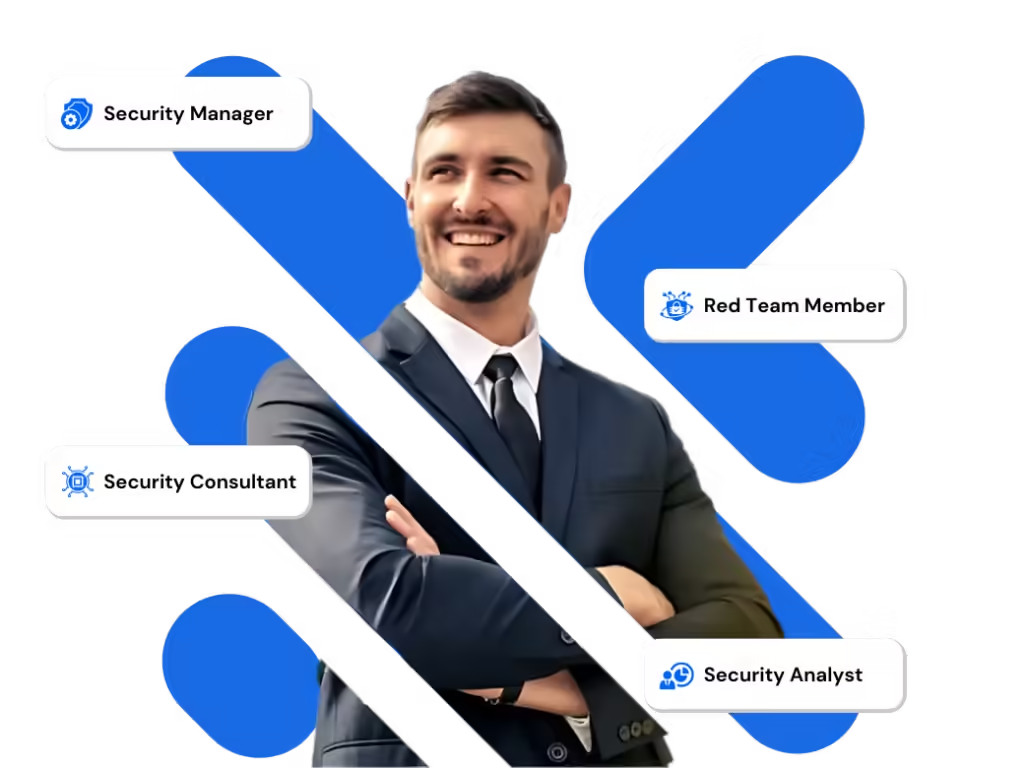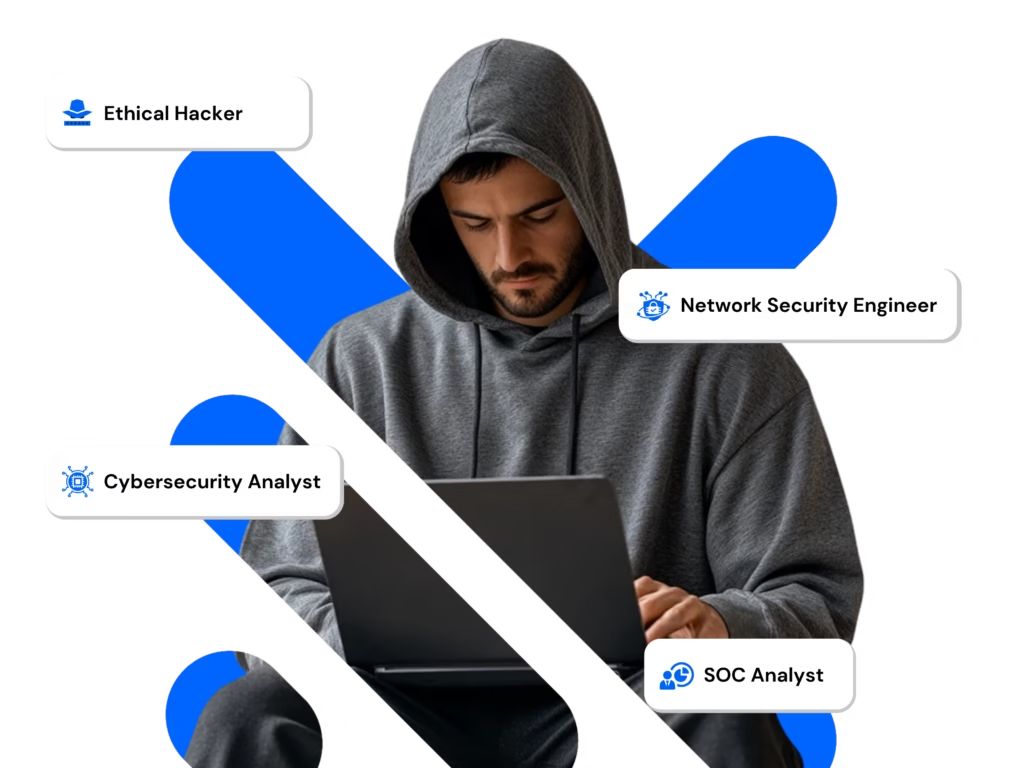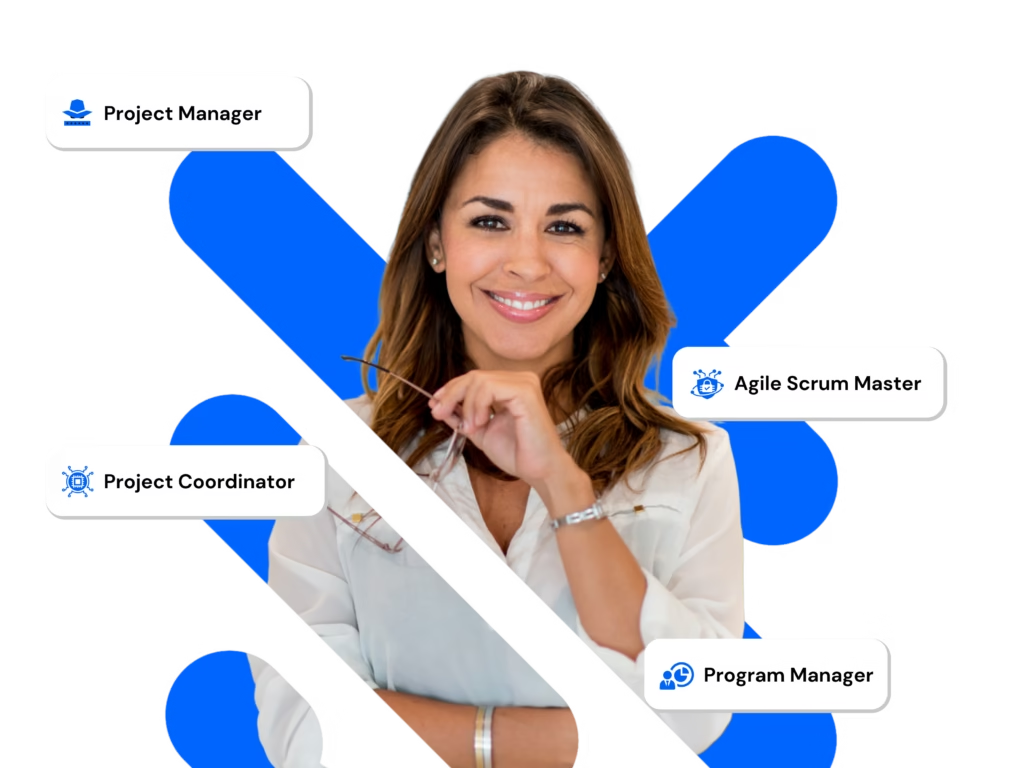
The field of DevOps is rapidly evolving, with certifications playing a crucial role in validating the skills and expertise of professionals in this domain. Two prominent certifications in the DevOps space are the AZ-400 certification offered by Microsoft Azure and the AWS DevOps certification provided by Amazon Web Services. In this article, we will compare and contrast the AZ-400 and AWS DevOps certifications, examining their exam structures, content coverage, industry recognition, training resources, costs, and more. By the end of this comparison, you will have a comprehensive understanding of these certifications to help you make an informed decision based on your career goals and aspirations.
Table of Contents
Overview of AZ-400 and AWS DevOps Certifications
Introduction to AZ-400 Certification
The AZ-400 certification, also known as the Microsoft Certified: Azure DevOps Engineer Expert is designed for professionals seeking to validate their expertise in implementing DevOps practices within the Azure ecosystem. This certification covers essential skills such as continuous integration and continuous deployment (CI/CD), collaboration between development and operations teams, and integrating security into the DevOps process.
Targeted at individuals in roles like DevOps engineers, developers, and IT professionals, the AZ-400 is ideal for those who have prior experience with Azure and wish to deepen their understanding of DevOps methodologies. The curriculum includes various topics such as managing source control, implementing continuous integration, setting up continuous delivery, and ensuring compliance and security practices within DevOps workflows.
Obtaining the AZ-400 certification can significantly enhance your career prospects, as it demonstrates a commitment to the principles of DevOps and proficiency with Azure technologies. Many organizations value certified professionals for their ability to improve collaboration, accelerate development cycles, and increase overall efficiency in software delivery. For more details and preparation resources, you can visit our Microsoft AZ- 400 Certification training.
Introduction to AWS DevOps Certification
The AWS DevOps certification, officially known as the AWS Certified DevOps Engineer – Professional, validates the skills and knowledge required to automate the testing and deployment of AWS infrastructure and applications. This certification is aimed at professionals in DevOps roles who have extensive experience working with AWS tools and services.
It emphasizes a deep understanding of continuous delivery (CD) methodologies, automation of processes, and the ability to monitor and improve systems. Candidates preparing for this certification will learn to implement and manage CI/CD pipelines, automate infrastructure provisioning using AWS services like CloudFormation and Elastic Beanstalk, and apply DevOps best practices to improve deployment frequency and reduce failure rates.
The exam consists of multiple-choice questions that assess a candidate’s ability to implement scalable, resilient applications on AWS. With the increasing adoption of cloud technologies, obtaining this certification can significantly enhance career prospects, as it demonstrates a commitment to DevOps principles and AWS expertise. For further details on the certification requirements and preparation resources, you can visit our AWS DevOps Certification Training.
Exam Structure and Requirements

AZ-400 Exam Structure and Format
Here’s a structured table outlining the AZ-400 Exam Structure and Format:
| Feature | Details |
|---|---|
| Exam Code | AZ-400 |
| Certification | Microsoft Certified: Azure DevOps Engineer Expert |
| Duration | 180 minutes |
| Number of Questions | 40-60 questions |
| Question Types | Multiple-choice, scenario-based questions |
| Passing Score | 700 out of 1000 |
| Languages Offered | English, Japanese, Chinese (Simplified), Korean |
| Exam Format | Online proctored or in-person testing available |
| Cost | $165 USD |
| Recommended Experience | 2+ years of experience with Azure DevOps practices |
AWS DevOps Exam Structure and Format
Here’s a structured table outlining the AWS DevOps Exam Structure and Format:
| Feature | Details |
|---|---|
| Exam Code | DOP-C01 |
| Certification | AWS Certified DevOps Engineer – Professional |
| Duration | 180 minutes |
| Number of Questions | 75 questions |
| Question Types | Multiple-choice, multiple-response |
| Passing Score | 750 out of 1000 |
| Languages Offered | English, Japanese, Korean, and Simplified Chinese |
| Exam Format | Online proctored or in-person testing available |
| Cost | $300 USD |
| Recommended Experience | 2+ years of experience with AWS and DevOps concepts |
Prerequisites for Each Certification
| Prerequisite Categories | AZ-400: Azure DevOps Engineer Expert | AWS Certified DevOps Engineer – Professional |
|---|---|---|
| Recommended Certifications | Azure Administrator Associate or Developer Associate | AWS Certified Developer – Associate or SysOps Administrator – Associate |
| Experience | Practical experience with Azure DevOps tools is beneficial | Minimum of 2 years deploying and managing AWS environments |
| Knowledge | Solid understanding of Azure services and DevOps practices (CI/CD, agile methods) | Understanding of CI/CD principles and infrastructure as code (IaC) |
| Skills | Familiarity with development and operational processes | Proficiency with AWS services like CodePipeline, CodeBuild, and CloudFormation |
Skills and Knowledge Covered in AZ-400
Key Concepts and Technologies
Here’s an overview of key concepts and technologies relevant to both the AZ-400: Azure DevOps Engineer Expert and the AWS Certified DevOps Engineer – Professional certifications:
| Concept/Technology | Description |
|---|---|
| Continuous Integration (CI) | The practice of automating code changes and testing to ensure that new code integrates smoothly with existing code. Tools like Azure Pipelines and AWS Code Build facilitate this process. |
| Continuous Deployment (CD) | Extending CI to automate the release of applications into production environments. Services such as Azure Release Pipelines and AWS Code Deploy manage this process efficiently. |
| Infrastructure as Code (IaC) | Managing infrastructure using code rather than manual processes, enabling automated provisioning and management. Terraform and AWS CloudFormation are popular tools in this area. |
| Version Control Systems | Systems like Git are crucial for tracking changes in code and collaborating among development teams. Both Azure DevOps and AWS provide integrated version control solutions. |
| Monitoring and Logging | Continuous monitoring of applications and infrastructure for performance and troubleshooting. Tools like Azure Monitor and Amazon CloudWatch are essential for observability. |
| Configuration Management | Tools such |
Skills and Knowledge Covered in AWS DevOps
Tools and Services Covered
| Tool/Service | Description |
|---|---|
| AWS CodePipeline | Automates the build, test, and release processes for applications. |
| AWS CodeBuild | Fully managed service for compiling source code and running tests. |
| AWS CodeDeploy | Automates deployment to various compute services. |
| AWS CloudFormation | Defines and provisions AWS infrastructure as code. |
| AWS Elastic Beanstalk | Deploys and scales web applications easily. |
| Amazon CloudWatch | Monitors AWS resources and applications for performance. |
| AWS Systems Manager | Automates tasks across AWS resources. |
| AWS OpsWorks | Configuration management using Chef and Puppet. |
| Amazon EKS and ECS | Manages container orchestration (Kubernetes and Docker). |
Demand and Job Opportunities
Here’s a combined table summarizing the demand and job opportunities for both AZ-400 and AWS DevOps certified professionals:
| Aspect | AZ-400 Certification | AWS DevOps Certification |
|---|---|---|
| Current Demand | Increasing demand as organizations adopt Azure DevOps practices. | High demand driven by the adoption of AWS services and DevOps methodologies. |
| Job Roles | Roles include Azure DevOps Engineer, Cloud Engineer, and Software Developer. | Roles include DevOps Engineer, Cloud Engineer, and Site Reliability Engineer. |
| Salary Range | Salaries typically range from $85,000 to over $130,000 annually, depending on experience and location. | Salaries typically range from $90,000 to over $140,000 annually, depending on experience and location. |
| Industry Growth | Significant growth as more companies move to Azure and implement DevOps practices. | Significant growth in DevOps roles, with many companies struggling to find qualified candidates. |
| Career Advancement | Certification enhances job prospects and provides opportunities in the Azure ecosystem. | Certification enhances career prospects, job security, and competitive salaries in the IT sector. |
Training Resources and Preparation Tips
Recommended Training Courses
To prepare for the AZ-400 and AWS DevOps certifications, several recommended training courses can provide comprehensive learning experiences. For the AZ-400 certification, Microsoft offers official learning paths through Microsoft Learn, which include modules on implementing CI/CD, developing instrumentation strategies, and managing source control.
Additionally, platforms like Plural sight and Udemy feature specialized courses that focus on Azure DevOps tools and practices, often led by experienced instructors. For AWS DevOps certification, Amazon provides a range of training resources, including the AWS Training and Certification portal, which offers both classroom and online training options tailored to DevOps topics.
Platforms like A Cloud Guru and Linux Academy also offer targeted courses that cover essential AWS services, best practices in DevOps, and hands-on labs for practical experience. These training resources are crucial for equipping candidates with the skills needed to succeed in their certification exams and thrive in their DevOps careers.
Cost and Maintenance of Certification
Exam Fees and Additional Costs
Here’s a table summarizing the exam fees and additional costs associated with the AZ-400 and AWS DevOps certifications:
| Certification | Exam Fee | Additional Costs |
|---|---|---|
| AZ-400 (Microsoft Certified: Azure DevOps Engineer Expert) | $165 (USD) | – Study materials (books, courses): $50 – $300 – Practice exams: $20 – $100 – Azure subscription for hands-on labs: $20/month (optional) |
| AWS Certified DevOps Engineer – Professional | $300 (USD) | – Training courses: $100 – $1,500 – Practice exams: $20 – $150 – AWS services for labs: varies based on usage |
Maintenance Requirements
Here’s a table summarizing the maintenance requirements for the AZ-400 and AWS DevOps certifications:
| Certification | Maintenance Requirements |
|---|---|
| AZ-400 (Microsoft Certified: Azure DevOps Engineer Expert) | – Recertification: No expiration; stay updated with the latest Azure technologies. – Continuous Learning: Engage in ongoing education via Microsoft Learn and community events. – Updates: Monitor for changes in certification exams due to technology updates. – Renewal Option: Consider additional Azure certifications to enhance skills. |
| AWS Certified DevOps Engineer – Professional | – Recertification: Valid for three years; retake the exam to maintain certification status. – Continuous Learning: Participate in ongoing training and AWS events to keep skills current. – Updates: Stay informed about exam updates based on new AWS services and industry trends. – Advanced Certifications: Pursue advanced certifications for further expertise and career growth. |
Choosing the Right Certification for Your Career Goals

Factors to Consider
Choosing the right certification for your career goals in the DevOps field is crucial, as it can significantly impact your job prospects, salary, and career progression. Here are key factors to consider when making your decision:
1. Career Path and Job Requirements
- Assess your current job role and future career aspirations. Research the qualifications commonly required for the roles you aim for, whether they focus more on Microsoft Azure or AWS technologies.
- Look for job postings in your desired field to identify which certification is more in demand.
2. Industry Recognition
- Both the AZ-400 and AWS certifications are widely recognized in the industry. However, the demand can vary by company and region.
- Consider the reputation of each certification among employers in your target job market. Many organizations have a preference for one platform over the other.
3. Learning Curve and Prior Experience
- Evaluate your existing knowledge and experience. If you already have experience with Azure, the AZ-400 may be a more logical choice.
- Conversely, if you’re familiar with AWS, pursuing the AWS DevOps certification might be easier and more beneficial.
4. Training Resources and Costs
- Analyze the available training resources for each certification, including online courses, workshops, and study materials. Check for the costs associated with training and exam fees.
- Ensure that you can access quality preparation materials that fit your learning style and budget.
5. Long-Term Career Goals
- Consider your long-term career aspirations and the specific technologies you want to work with. If you see yourself working predominantly in a Microsoft ecosystem, the AZ-400 could be the better option.
- If you’re leaning towards a cloud-native environment with AWS, then the AWS DevOps certification would be more advantageous.
6. Networking and Community Support
- Evaluate the communities and networking opportunities associated with each certification. Engaging with professionals who have the same certification can provide valuable insights and job opportunities.
- Look into local meetups, forums, or online groups that focus on each certification and its associated technologies.
Comparison of Career Paths
| Aspect | AZ-400 Certification | AWS DevOps Certification |
|---|---|---|
| Typical Roles | DevOps Engineer, Azure DevOps Engineer, Cloud Architect, Systems Administrator | DevOps Engineer, Cloud Engineer, Site Reliability Engineer, Infrastructure Engineer |
| Skills Required | Azure DevOps tools, CI/CD practices, Azure security | AWS services, CI/CD methodologies, AWS security best practices |
| Industry Demand | Growing demand in finance, healthcare, and government sectors | Strong demand in tech, e-commerce, and startups |
| Ecosystem Focus | Microsoft Azure | Amazon Web Services |
| Toolsets | Azure Pipelines, Azure Repos | AWS Code Pipeline, AWS CloudFormation |
Explore More: How valuable is PRINCE2 Practitioner certification in the job market?
FAQ
Can I pursue both the AZ-400 and AWS DevOps certifications?
Yes, you can pursue both certifications, and doing so enhances your expertise across both Azure and AWS platforms. This combination can significantly boost your career by opening opportunities in companies that use either cloud environment, making you a more versatile DevOps professional.
Are there any prerequisites for taking the AZ-400 or AWS DevOps exams?
For AZ-400, you must hold an Azure Administrator or Azure Developer certification. The AWS Certified DevOps Engineer – Professional exam does not have formal prerequisites but recommends at least 2+ years of AWS experience and proficiency with CI/CD methodologies.
How do the industry recognition and demand differ between AZ-400 and AWS DevOps certifications?
AWS dominates the cloud market, making the AWS DevOps certification more globally recognized and in demand. However, Azure is growing, particularly in enterprise environments, so AZ-400 is valuable for organizations utilizing Microsoft’s cloud platform, offering solid career opportunities.
What are some recommended training resources for preparing for the AZ-400 and AWS DevOps exams?
For AZ-400, Microsoft offers official learning paths on its platform, along with courses from platforms like Udemy and Plural sight. For AWS DevOps, AWS provides its own training resources, complemented by third-party providers like **A Cloud Guru and Linux Academy.





